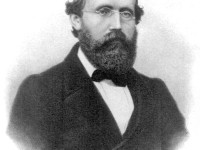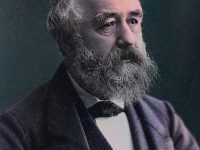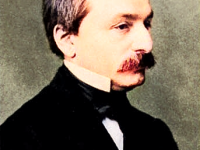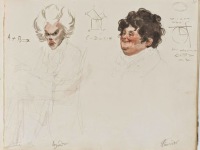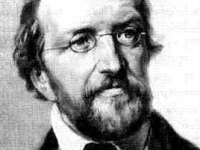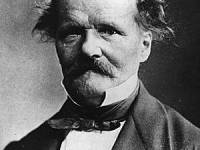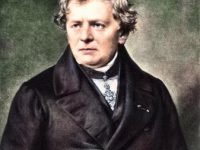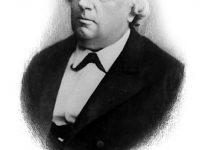Richard Dedekind and the Real Numbers
On October 6, 1831, German mathematician Julius Wilhelm Richard Dedekind was born. He is known for making important contributions to abstract algebra (particularly ring theory), algebraic number theory and the foundations of the real numbers. “Numbers are the free creation of the human mind.” Richard Dedekind Richard Dedekind – Early Years Richard Dedekind, the son of the Braunschweig lawyer and university teacher Julius Dedekind, attended the Martino-Katharineum Braunschweig and studied mathematics at the Collegium…
Read more


